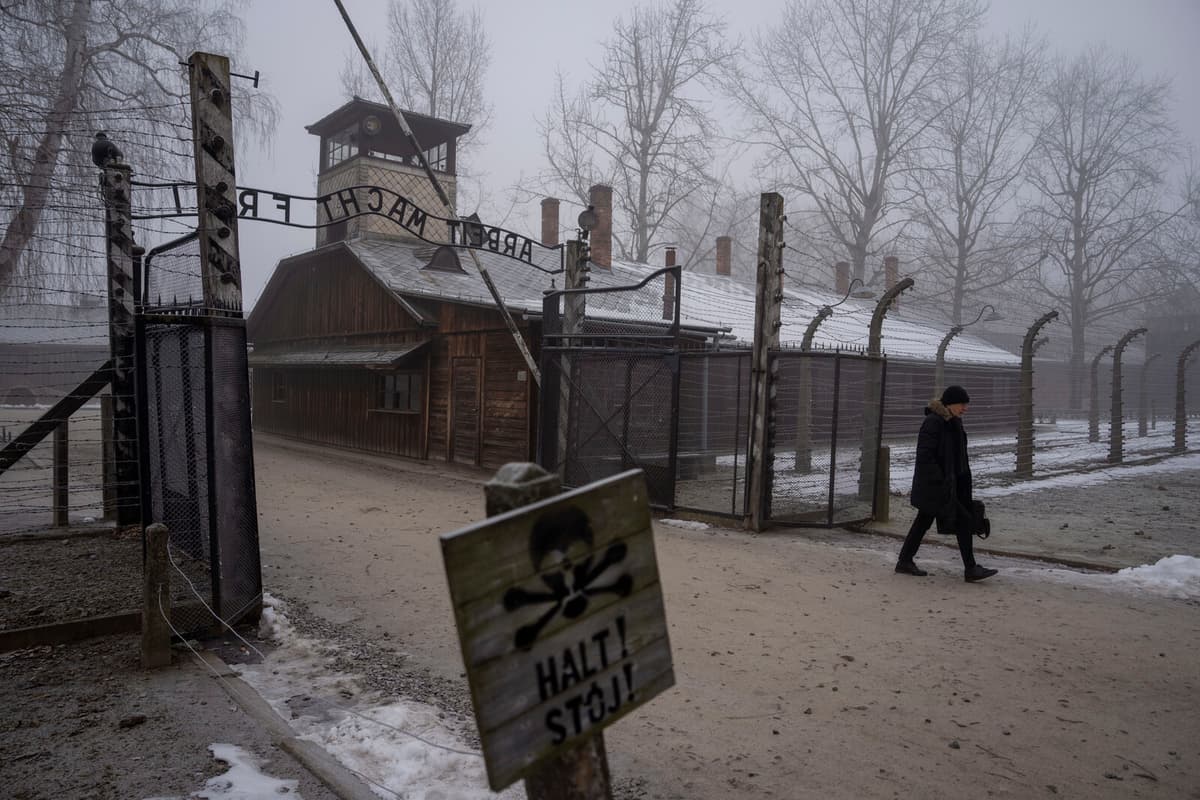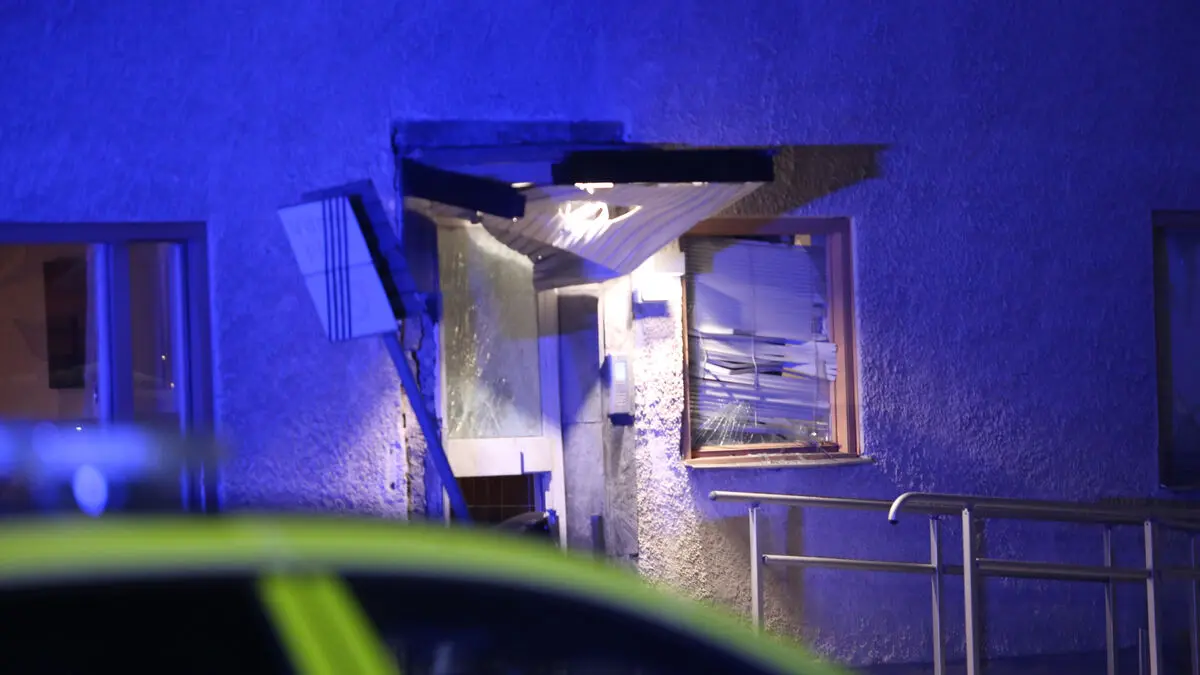Since individuals suspected of incitement to hatred against a group are rarely detained, investigations often drag on. Therefore, it is not so strange that no verdicts have been delivered yet, according to prosecutor Fredrik Ingblad, a specialist in hate crimes.
It may be only in a few years that we can see if there will be any cases, he says.
Little difference
On the other hand, the legislative change did not make a significant difference in substance compared to before. Even before, it was actually possible to convict individuals who deny the Holocaust for incitement to hatred against a group in certain situations, which has happened in Falu District Court and later Svea Court of Appeal.
I think it will become clearer and easier now and that we will see more cases in the future than before. But that does not mean that it was not punishable before, says Fredrik Ingblad.
However, it still requires that the denial is intended to "incite violence against, threaten or express contempt" against a group or a person for it to be punishable. Just a statement in itself that the Holocaust did not occur is therefore still not illegal.
The fact that the legislative change was still implemented on July 1 last year was because Sweden risked hefty EU fines, as the Commission did not consider that Sweden had implemented the so-called racism framework decision unless it was explicitly stated in the law that denial of the Holocaust and other genocides can be punishable.
Right to damages
A more significant change with the new law is that individual persons can gain the status of plaintiff in cases of incitement to hatred against a group and thus have the right to damages, which has not been possible before, says Fredrik Ingblad.
What is required for someone to be considered a plaintiff in a case of incitement to hatred against a group is, however, still unclear.
Is it enough, for example, that someone of Jewish origin happens to walk past an anti-Semitic demonstration? That needs to be tested, simply, he says.
During the Holocaust, Nazi Germany's mass murder between 1939 and 1945, about six million Jews were killed, according to the UN. About half of them were gassed to death, the rest were shot, starved or froze to death.
Also, four to five million non-Jews – political opponents, Poles, Russians, Roma, Jehovah's Witnesses, homosexuals, and mentally ill – were murdered by the Nazis.
Most of the victims were claimed during the years 1941–1945, after Germany's pact with the Soviet Union had broken and the two countries had gone to war, with the period from February 1942 to April 1943 as the peak.
In Auschwitz, the German name for the city of Oświecim in southern Poland, the largest and most notorious Nazi concentration and extermination camp was built during World War II. In January 1945, there were about 730 concentration camps and satellite camps in various forms.
Source: National Encyclopedia






